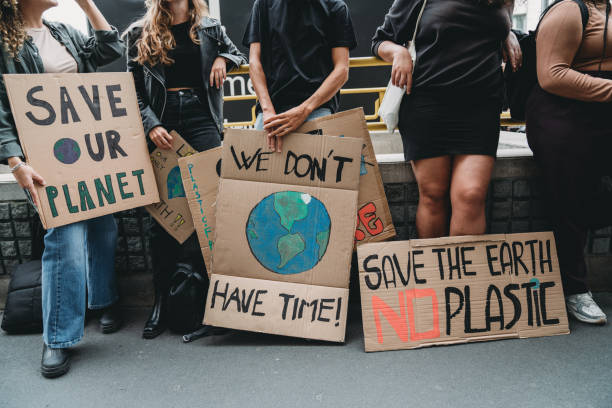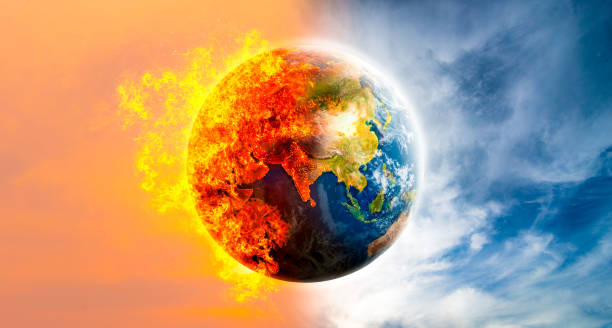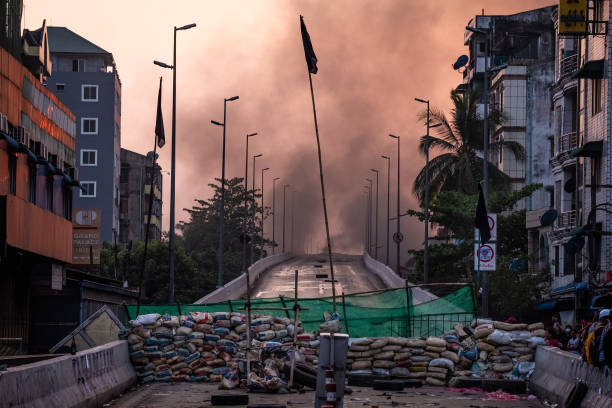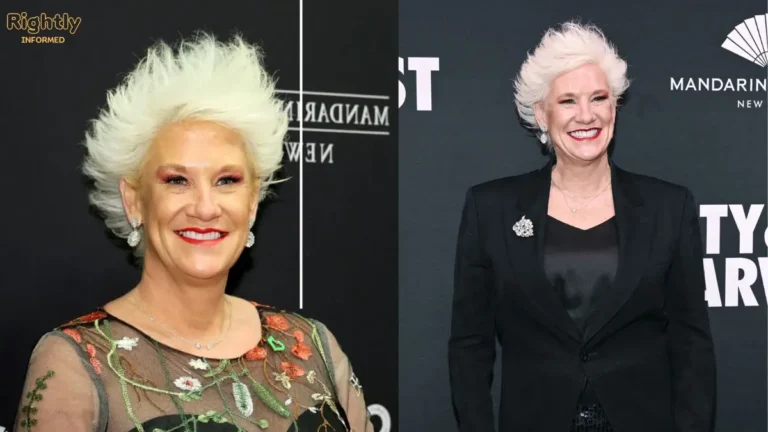Climate Change Is No Longer a Threat—It’s a War We’re Already Losing
For decades, people called climate change a “threat.” Something to worry about in the future. Something far off. But let’s be honest—it’s not a future problem anymore. It’s not even just a threat. It’s a full-blown war. And right now, we’re not winning. We’re not even close.
We’re seeing the signs everywhere: killer heatwaves, floods swallowing cities, wildfires burning entire countries, and food prices going crazy. This isn’t just about polar bears and melting ice caps. It’s about all of us, right now.
It’s Already Happening. Everywhere.
Let’s look around.
- Europe has seen some of the hottest summers ever recorded.
- Wildfires in Canada, Australia, and the U.S. are now a yearly nightmare.
- Millions in Africa and Asia are facing droughts, crop failures, and water shortages.
- Coastal cities like Jakarta and Miami are literally sinking.
- Entire islands in the Pacific are disappearing under rising seas.
These aren’t warnings. They’re reports from the front lines. People are dying. Homes are being wiped out. Families are being forced to migrate. And the scary part? This is just the beginning.
Climate Is the Cause Behind So Much Chaos
A lot of people don’t connect the dots. They see higher grocery prices, power outages, or weird weather, but they don’t realize how it all links back to climate change.
- Food: Heat and floods are ruining crops. That’s why vegetables, grains, and even coffee cost more.
- Health: More pollution, more heat stress, more disease outbreaks. Especially in poor areas.
- Energy: Droughts dry up rivers that power hydro plants. Wild weather breaks power grids. More people crank up the AC—and that increases emissions even more.
- Migration: Millions are already being pushed out of their homes by rising seas or collapsing farms.
The truth? Climate change isn’t one big disaster. It’s thousands of smaller ones—hitting us all at once.
We Knew. We Waited. We Wasted Time.
Here’s the worst part: we saw this coming. Scientists have been sounding the alarm for 40+ years. Reports, studies, climate summits, protests—none of this is new.
And yet, world leaders kept delaying action. Big oil companies buried facts and pushed false doubt. Most governments made big promises but did very little. Why? Because facing climate change meant change—big, uncomfortable, expensive change.
So we waited. And while we waited, emissions went up. Temperatures went up. The damage piled up.
The Fight Isn’t Fair
Another ugly truth: the people causing the most damage are not the ones suffering the most.
- The richest countries and companies have pumped out the most emissions.
- The poorest countries are paying the highest price—droughts, floods, famine, lost homes.
- Billionaires fly private jets to climate conferences, while farmers walk miles to find water.
Climate change is not just an environmental crisis. It’s a justice crisis.
And even within countries, the poor suffer more. They live in hotter neighborhoods, have fewer resources, and can’t just “move” or “rebuild” every time disaster strikes.
We Still Talk Like We Have Time
One of the biggest problems? Language. We still talk about climate change like we’re trying to prevent it.
But that ship has sailed. The planet has already warmed by about 1.2°C, and we’re speeding toward 1.5°C—a level scientists say is a major tipping point.
At this rate, 2°C or more is looking likely—and with that comes permanent damage: massive coral die-offs, extreme water shortages, collapsed food systems, and unlivable parts of the world.
This isn’t about saving the planet for our grandkids anymore. It’s about saving people alive today.
So, Are We Doomed?

Not necessarily. But we’re definitely in trouble.
The war against climate change is happening on two fronts:
1. Adaptation
We need to adjust to what’s already happening. Build sea walls. Improve disaster response. Protect crops and water. Help people move safely when their homes become unlivable.
2. Mitigation
We still need to slash carbon emissions—fast. That means switching to clean energy, rethinking transport, cutting waste, protecting forests, and changing how we produce food.
Both are urgent. And both require global cooperation, money, and political will. Unfortunately, those are the three things we’re most short on.
What Needs to Change?
A lot. But here are some starting points:
- Stop funding fossil fuels. Governments still hand out billions in subsidies for oil, gas, and coal. That has to end.
- Invest in green jobs. Solar, wind, and clean tech can power economies and save the planet.
- Tax the polluters. Make the companies responsible for emissions pay for the damage.
- Support climate justice. Help the countries and communities hit hardest.
- Change the system. The way we consume, build, travel, and grow food has to be reimagined.
And maybe most importantly: change the mindset. Climate change isn’t a niche issue. It affects every part of life—health, jobs, safety, freedom, future.
What Can You Do?
You’re not powerless. Every voice matters.
- Stay informed and talk about it.
- Vote for leaders who take climate seriously.
- Cut down on waste, meat, fast fashion, and energy use where possible.
- Support local, sustainable businesses.
- Call out greenwashing and fake “eco” claims.
- Donate to real climate efforts, not just hashtags.
You can’t fix the planet alone—but you can be part of the pressure that forces change.







